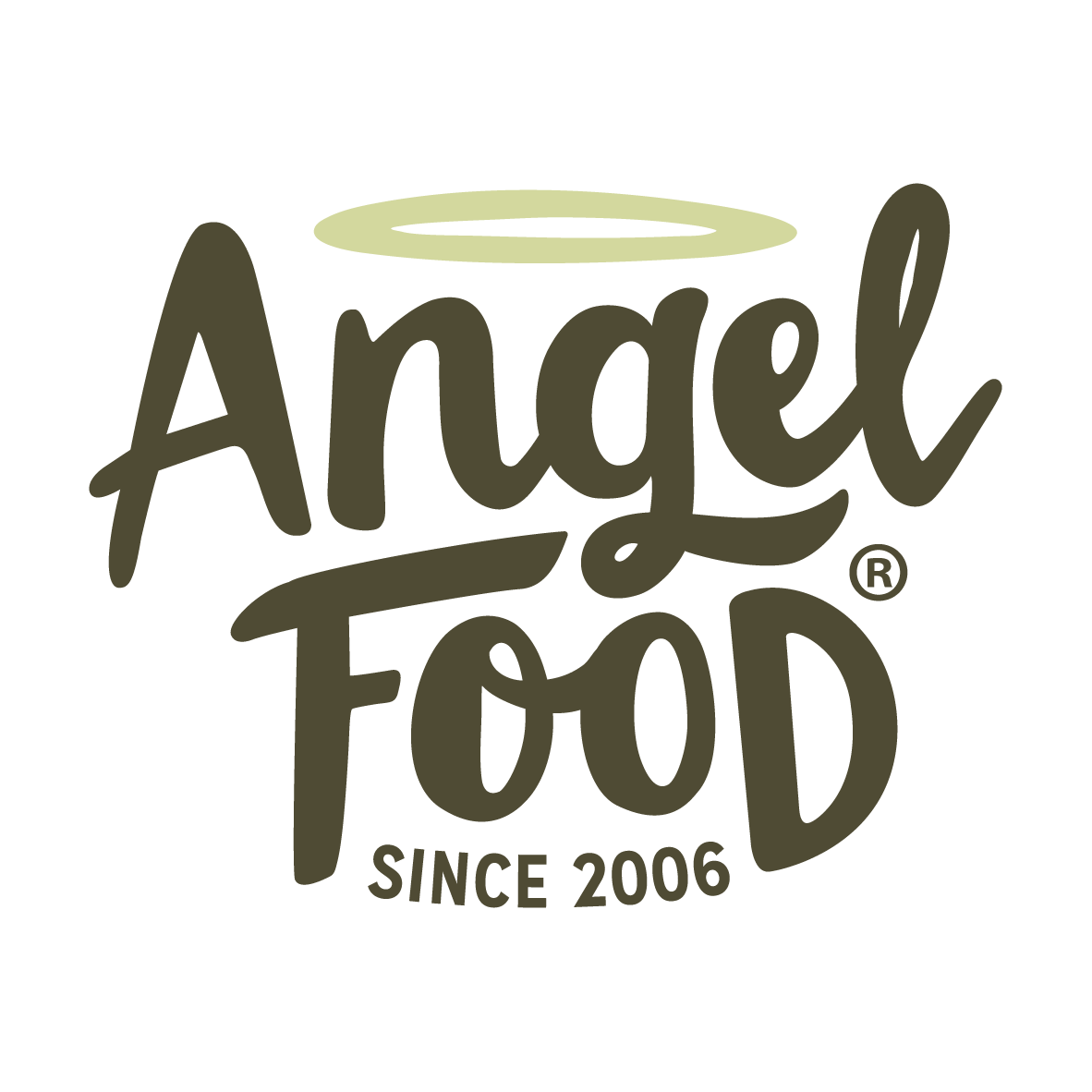B12: proof that a vegan diet is unnatural?
January 30, 2025
By Alice Shopland, founder of Angel Food
I’m marking Veganuary 2025 by publishing a blog post a day.
When I first transitioned to a vegan lifestyle, I began taking a daily liquid B12 supplement (Clinicians brand, 1 drop a day). In recent years, I’ve switched to VEG1, a multivitamin developed by The Vegan Society in the UK that contains B12 and other essential nutrients. It’s available in Aotearoa New Zealand through the Christchurch Vegan Society.
B12 is often a topic of discussion in vegan circles, as well as a point of contention in debates with skeptics of plant-based diets. But B12 isn’t just a vegan issue—it’s a modern human issue.
What is Vitamin B12, and Why Do We Need It?
Vitamin B12 is a water-soluble vitamin crucial for maintaining a healthy nervous system and forming red blood cells. A deficiency can lead to fatigue, nerve damage, and anaemia, making it essential for everyone, regardless of diet.
B12 is not produced by animals or plants but by bacteria. Humans and animals must obtain it either directly from these bacteria or indirectly through their food (the B12 in animal-based foods is there because the animals consumed the bacteria). Historically, B12 was naturally present in plant foods, as the bacteria thrived in the soil and water consumed along with unwashed produce. However, modern sanitation practices, while beneficial in preventing disease, have drastically reduced the presence of B12-producing bacteria in our environment.
While some bacteria in the human gut can produce B12, this production occurs primarily in the colon, which is beyond the site where B12 is absorbed (the small intestine). So even if we produced B12 ourselves we wouldn’t be able to absorb it.
Why B12 Isn’t Just a Vegan Concern
Many anti-vegan advocates point to the need for B12 supplements as evidence that plant-based diets are “unnatural.” However, this perspective overlooks key facts. B12 deficiency affects a significant portion of the population, including those who consume animal products. In the United States and the United Kingdom, approximately 6% of people under 60 and 20% of those over 60 are B12 deficient, according to research.
Animal products are considered rich sources of B12 because livestock often accumulate it from their diet. Interestingly, most animals don’t naturally produce enough B12 either; their feed is commonly supplemented with it. This means that many omnivores are essentially consuming “supplemented” B12 indirectly through animal products.
The Vegan Solution: Direct Supplementation
For vegans, fortified foods and supplements provide an easy, direct source of B12. Fortified plant milks, nutritional yeast, and products like VEG1 are excellent options. Supplements typically use the crystalline form of B12, which is more readily absorbed by the body compared to the protein-bound form found in animal products.
Supplementing B12 is a simple, effective way to ensure optimal health while embracing a compassionate and sustainable lifestyle. By bypassing the need for livestock feed supplements and consuming B12 directly, vegans are taking a logical, science-based approach to nutrition.
Conclusion
B12 supplementation is not a failure of veganism but a reflection of our modern environment. It’s a reminder that technology and dietary strategies can address gaps created by progress. Whether you’re vegan or not, ensuring adequate B12 intake is vital for health—and it’s easier than ever to do so in a way that aligns with ethical and environmental values.


